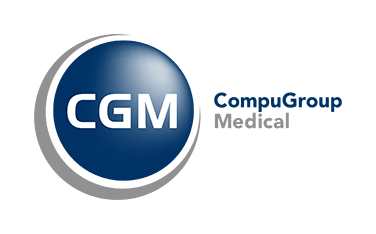Personal Information means information relating to an identifiable, living, natural person (human), or an identifiable, existing juristic person (organisation). The person or organisation that the Personal Information belongs to is known as the Data Subject.
Personal Information includes, but is not limited to:
Physical address / correspondence / marital status / disability / preferences / race/ gender / age / language / employment history / criminal record/ biometrics; phone number / pregnancy / health status / date of birth / nationality / correspondence / identity number / biometrics / education / e-mail address / opinions / others' opinions about you / name
Special Personal Information is a sub-set of Personal Information which is particularly sensitive, and can have serious consequences if shared inappropriately. All Personal Information relating to your Patients’ health qualifies as Special Personal Information.
Special Personal Information includes, but is not limited to:
Health information / philosophical beliefs / sex life / race / religious beliefs / ethnic origin / criminal behaviour / trade union membership / political persuasion.
